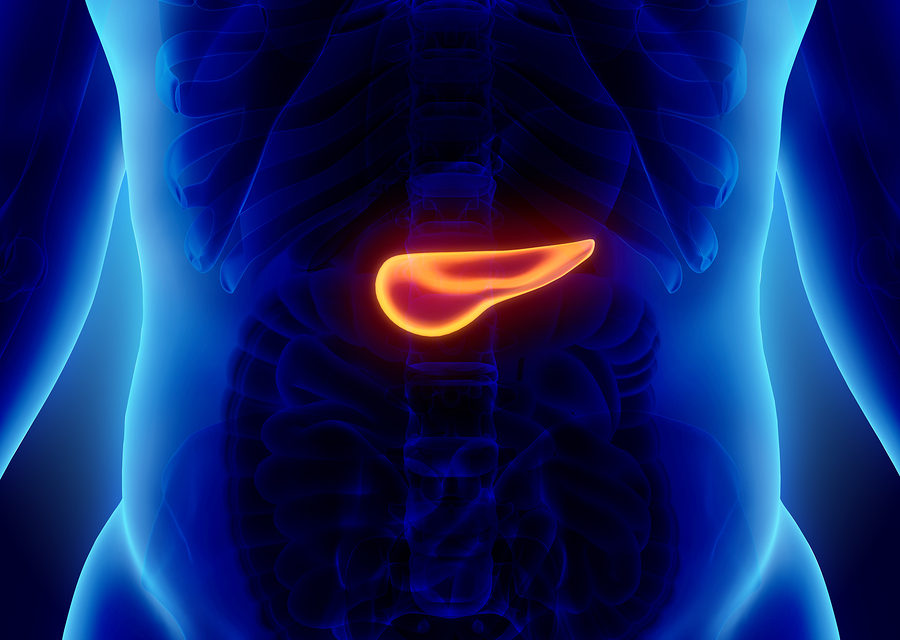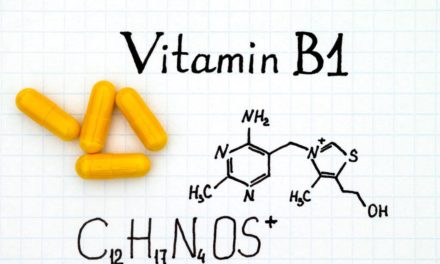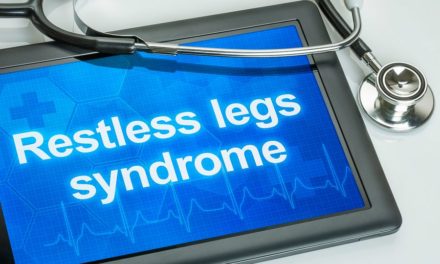Patients with Crohn’s disease may have decreased pancreatic activity. A study appearing in the journal, Gut (1990;31:1076-1079) compared the activity of amylase and lipase (pancreatic enzymes that digest carbohydrate and fat respectively) in patients with Crohn’s disease and healthy controls. The 59 men and 84 women with the disease had less pancreatic enzyme activity than the 50 men and 65 women who did not have the disease. The lowest enzyme activity was found in those with the most extensive bowel involvement.
A number of studies have shown that patients with Crohn’s disease tend to have consumed a lot of refined sugar prior to developing the disease. Research appearing in the Scandinavian Journal of Gastroenterology (1983;18:999-1002), Epidemiology (, January, 1992;3(1):47-52)and the British Medical Journal (September 29, 1979;2:762-764) support this. A study appearing in Z Gastroenterol (January 1981;19(1):1-12) compared patients on a low carbohydrate, sugar-free diet to those eating a high carbohydrate diet. It was a small study, but 80% of the Crohn’s disease patients on the low carbohydrate, sugar-free diet experienced improvement of symptoms. Four of the five patients on the high carbohydrate diet had to be removed from the study because their symptoms flared up.
Elaine Gottschall’s model for Crohn’s disease is one where the capacity to digest complex carbohydrates is overwhelmed. Carbohydrate is then broken down in the small intestine by bacteria, irritating the lining and further degrading the body’s capability to digest carbohydrate. Her book, Ending the Vicious Cycle, goes into this mechanism in great detail and proposes a diet that is free of disaccharides and complex carbohydrates.






